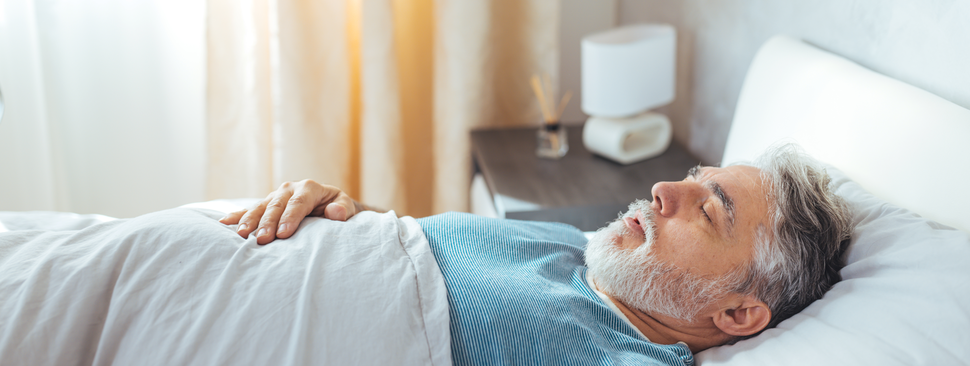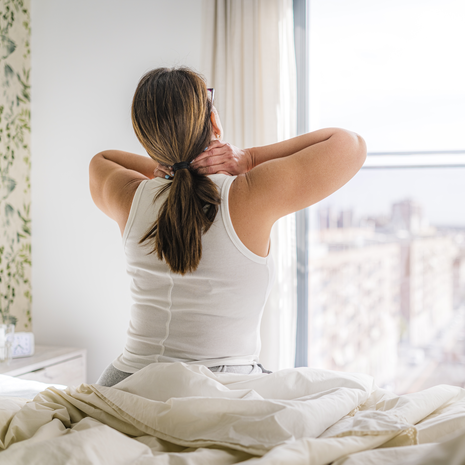
Sleep Apnea

Sleep Apnea
Restoring Restful Nights and Healthier Days
Sleep apnea is a common condition in which breathing repeatedly stops or becomes shallow during sleep. These interruptions—ranging from 5 to over 30 times per hour—can prevent your lungs from getting enough air and disrupt your rest.
More than 18 million Americans are affected by sleep apnea. While it’s more common in men over 40 and those who are overweight, it can impact anyone—including children.
Left untreated, sleep apnea can lead to serious health issues such as high blood pressure, heart disease, weight gain, memory problems, headaches, and even impotence in men. Poor sleep can also affect your ability to concentrate, perform at work, and safely carry out daily tasks like driving.
The good news? With the right diagnosis and care, sleep apnea is manageable—and better sleep is within reach.
